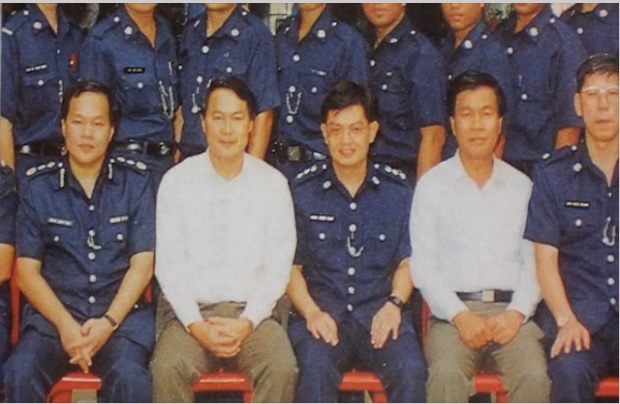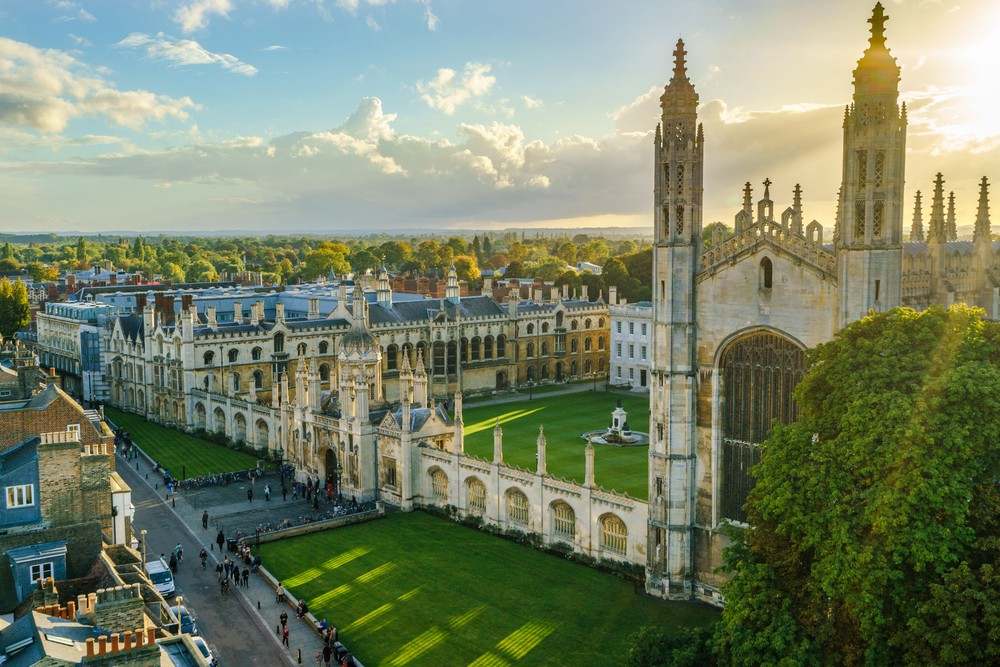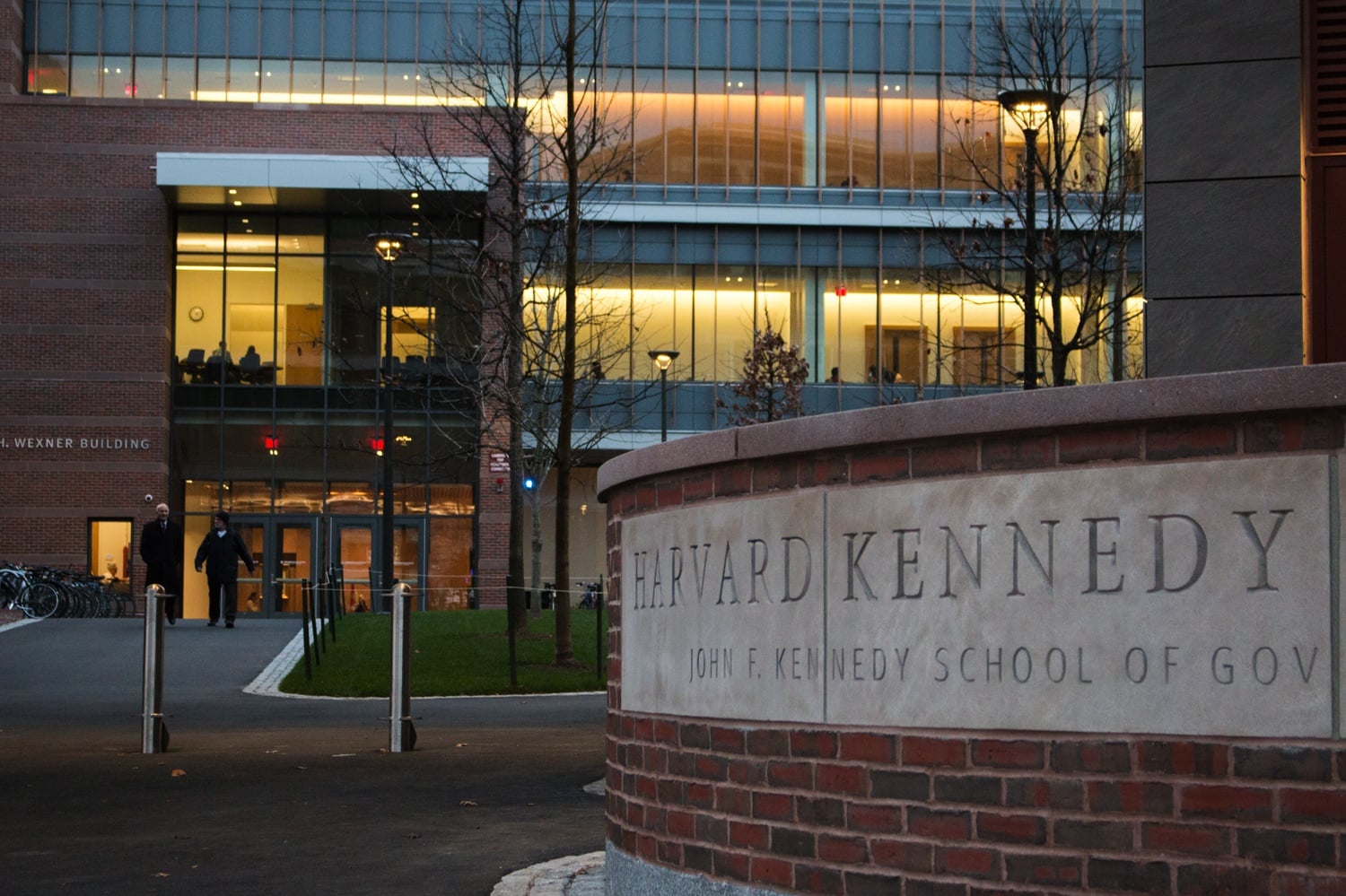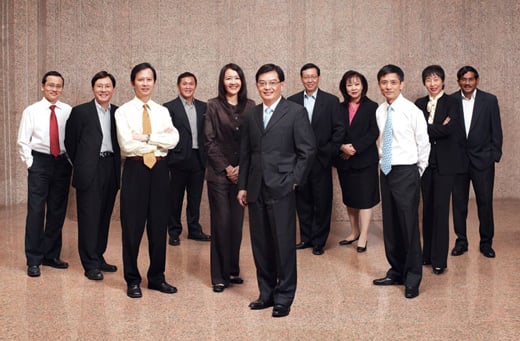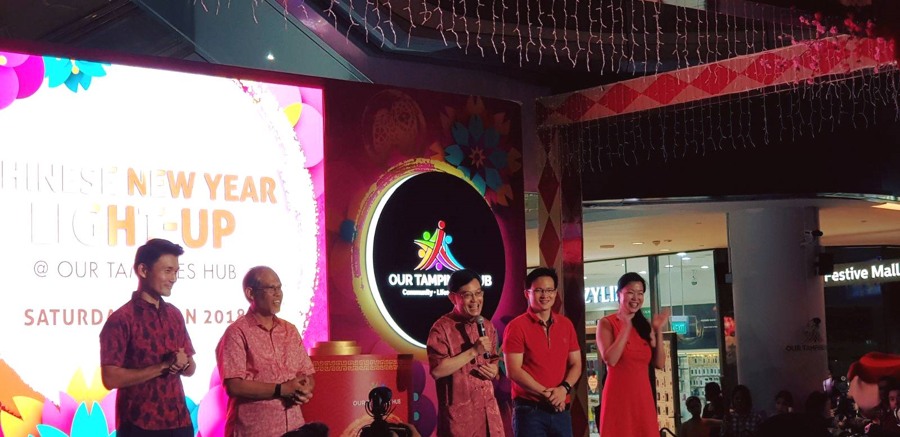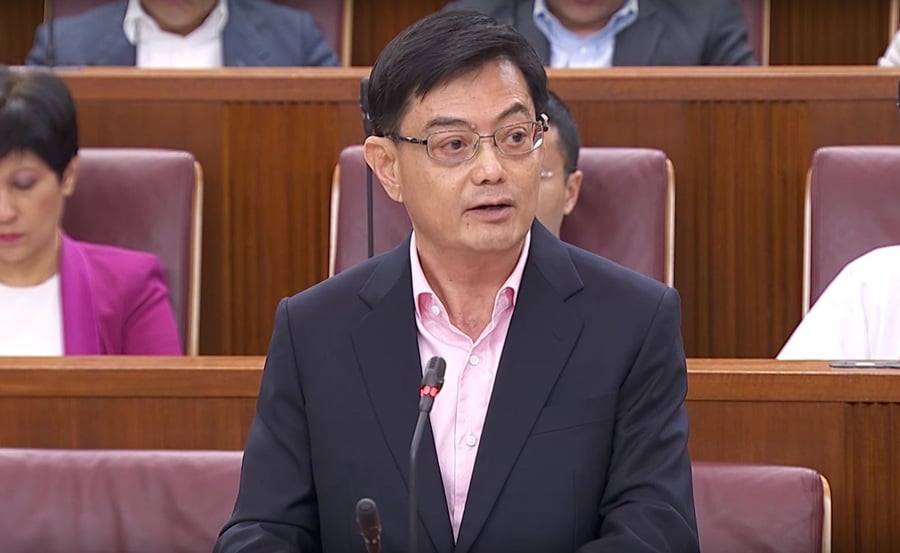- Joined
- Jul 14, 2008
- Messages
- 91,278
- Points
- 113
from straitstimes.com:
Over 98,000 S'pore employers to get $940m in wage credits by end-March

SINGAPORE - By end-March, $940 million in Wage Credit Scheme (WCS) payouts will be disbursed to more than 98,000 employers here, bringing the total amount in wage credits paid out during the pandemic to over $2 billion.
In a Facebook post on Thursday (March 18), Deputy Prime Minister and Finance Minister Heng Swee Keat wrote that uplifting workers remains "at the very centre of all that we do", as the Government makes every effort to cope with the pandemic and transform the economy and businesses.
"The WCS is one of the ways to uplift our workers, by supporting businesses to provide wage increases to Singaporean workers," he said.
The WCS co-funds wage increases. It was introduced in 2013 as a three-year scheme and then extended to 2020 to support businesses in their transformation efforts and encourage sharing of productivity gains with workers.
In Budget 2021, it was extended by another year at a co-funding level of 15 per cent, to further support wage increments to help companies build up their local workforce and emerge stronger from Covid-19.
This followed earlier enhancements to the scheme in 2020's first Unity Budget, when government co-funding of qualifying wage increases in 2019 and 2020 was raised by five percentage points to 20 per cent and 15 per cent respectively.
The gross monthly wage ceiling for employees was also raised from $4,000 to $5,000 for both years, enabling more to qualify for the wage credit.
Over $1 billion in wage credits was disbursed to more than 95,000 employers in 2020, for wage increases in 2019.
An additional payout was made in June 2020, on top of the yearly payout made in March 2020.
In a joint release on Thursday, the Ministry of Finance (MOF) and Inland Revenue Authority of Singapore (Iras) said that through the upcoming payout in March, the Government will co-fund 15 per cent of qualifying wage increases given from 2017 to 2020, to more than 800,000 local employees earning a gross monthly wage of up to $5,000.
This will support wage increases and benefit more than 98,000 employers, they said.
Mr Heng noted that it is heartening that many employers, despite having to cope with the stresses and strains posed by the pandemic, are continuing to do their part to uplift their workers.
"These are uncertain times for many workers and businesses. I encourage employers to continue to make use of this and other schemes to redesign jobs and upskill their workers," he wrote.
"By continuing to put the well-being of our workers at the heart of what we do, businesses will build stronger bonds with their workers, and emerge stronger together in a post-pandemic world."
Employers do not need to apply to receive the payouts. Eligible employers will receive letters from Iras by March 31 informing them of their payout amount.
These will be credited directly to employers' registered bank accounts through PayNow Corporate or Giro.
Any appeals regarding WCS payouts must be submitted to Iras by June 30 and will be considered on a case-by-case basis.
More information can be found at the Iras website.
Iras can also be contacted directly at 1800-352-4727 or by e-mail at [email protected].
Over 98,000 S'pore employers to get $940m in wage credits by end-March
SINGAPORE - By end-March, $940 million in Wage Credit Scheme (WCS) payouts will be disbursed to more than 98,000 employers here, bringing the total amount in wage credits paid out during the pandemic to over $2 billion.
In a Facebook post on Thursday (March 18), Deputy Prime Minister and Finance Minister Heng Swee Keat wrote that uplifting workers remains "at the very centre of all that we do", as the Government makes every effort to cope with the pandemic and transform the economy and businesses.
"The WCS is one of the ways to uplift our workers, by supporting businesses to provide wage increases to Singaporean workers," he said.
The WCS co-funds wage increases. It was introduced in 2013 as a three-year scheme and then extended to 2020 to support businesses in their transformation efforts and encourage sharing of productivity gains with workers.
In Budget 2021, it was extended by another year at a co-funding level of 15 per cent, to further support wage increments to help companies build up their local workforce and emerge stronger from Covid-19.
This followed earlier enhancements to the scheme in 2020's first Unity Budget, when government co-funding of qualifying wage increases in 2019 and 2020 was raised by five percentage points to 20 per cent and 15 per cent respectively.
The gross monthly wage ceiling for employees was also raised from $4,000 to $5,000 for both years, enabling more to qualify for the wage credit.
Over $1 billion in wage credits was disbursed to more than 95,000 employers in 2020, for wage increases in 2019.
An additional payout was made in June 2020, on top of the yearly payout made in March 2020.
In a joint release on Thursday, the Ministry of Finance (MOF) and Inland Revenue Authority of Singapore (Iras) said that through the upcoming payout in March, the Government will co-fund 15 per cent of qualifying wage increases given from 2017 to 2020, to more than 800,000 local employees earning a gross monthly wage of up to $5,000.
This will support wage increases and benefit more than 98,000 employers, they said.
Mr Heng noted that it is heartening that many employers, despite having to cope with the stresses and strains posed by the pandemic, are continuing to do their part to uplift their workers.
"These are uncertain times for many workers and businesses. I encourage employers to continue to make use of this and other schemes to redesign jobs and upskill their workers," he wrote.
"By continuing to put the well-being of our workers at the heart of what we do, businesses will build stronger bonds with their workers, and emerge stronger together in a post-pandemic world."
Employers do not need to apply to receive the payouts. Eligible employers will receive letters from Iras by March 31 informing them of their payout amount.
These will be credited directly to employers' registered bank accounts through PayNow Corporate or Giro.
Any appeals regarding WCS payouts must be submitted to Iras by June 30 and will be considered on a case-by-case basis.
More information can be found at the Iras website.
Iras can also be contacted directly at 1800-352-4727 or by e-mail at [email protected].







